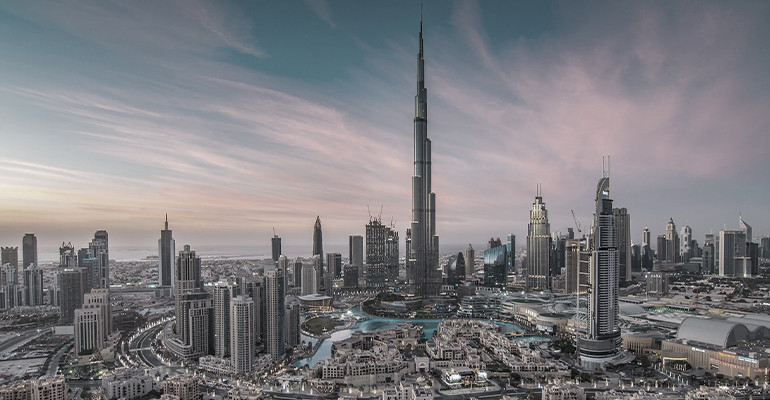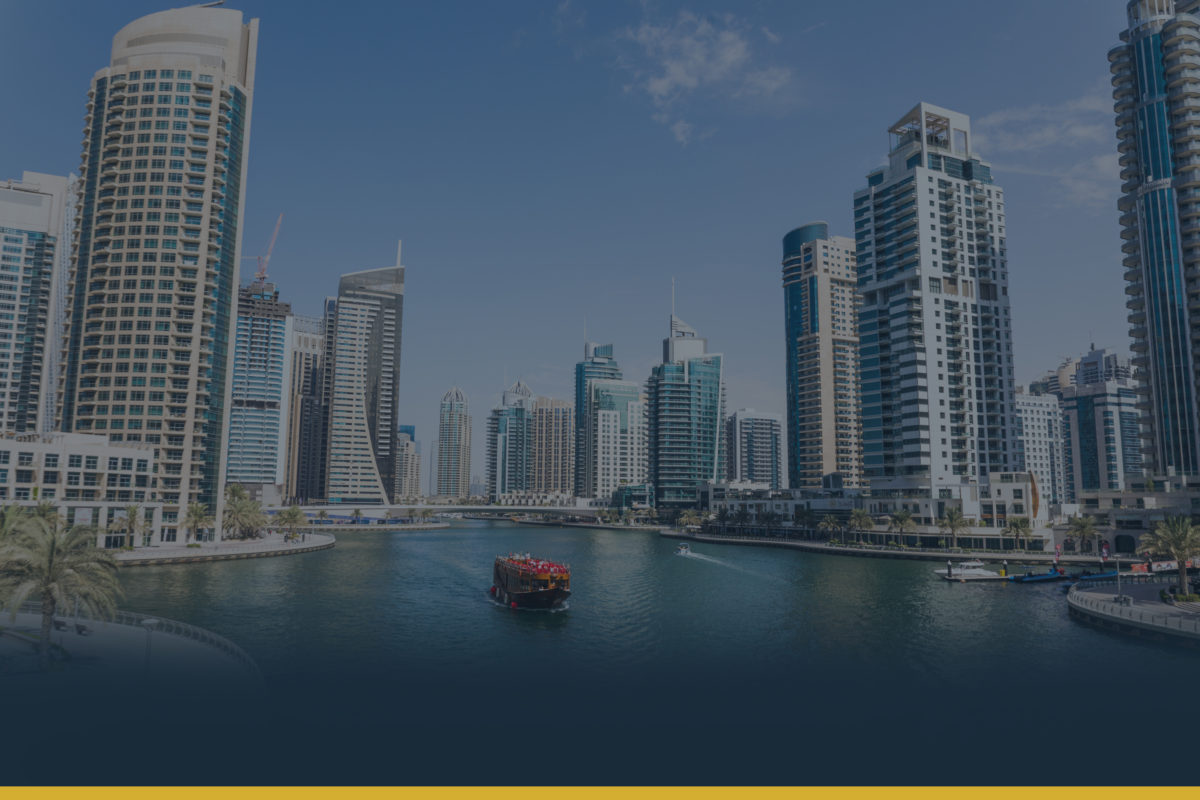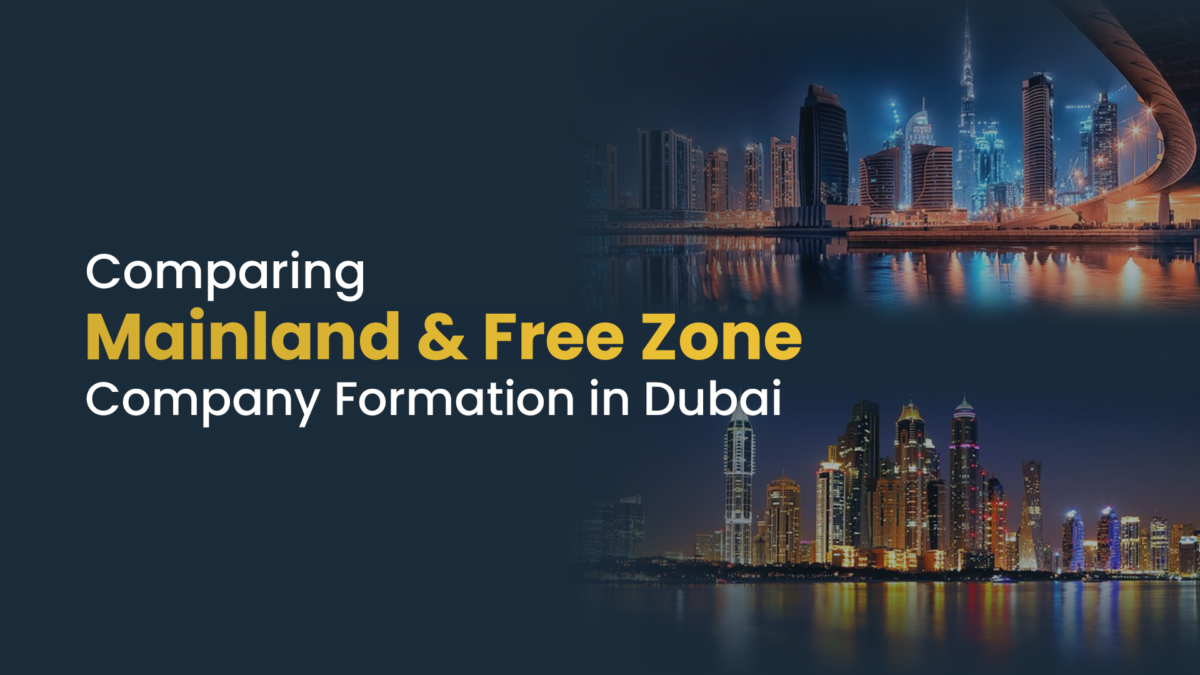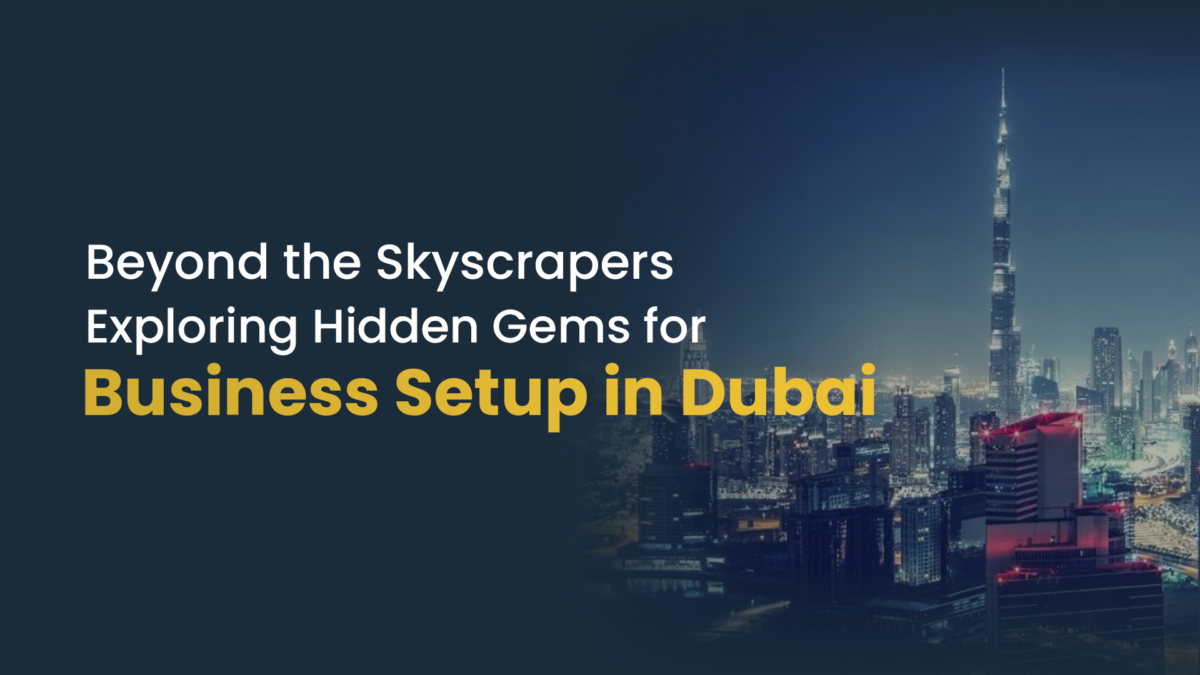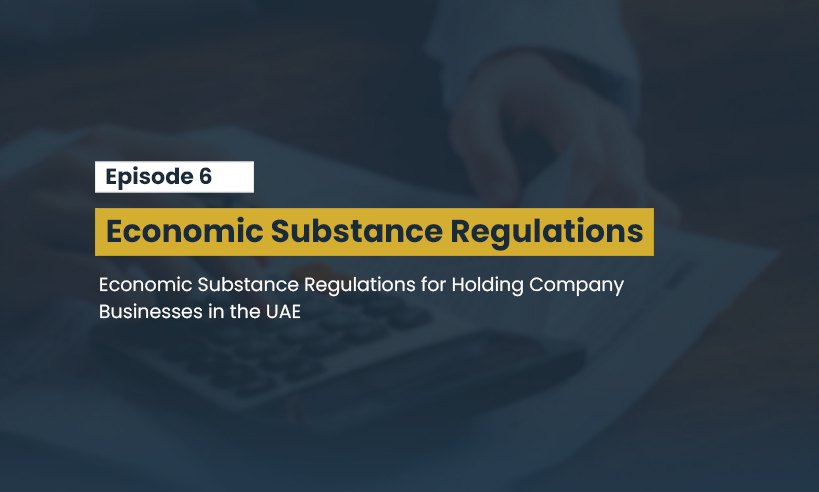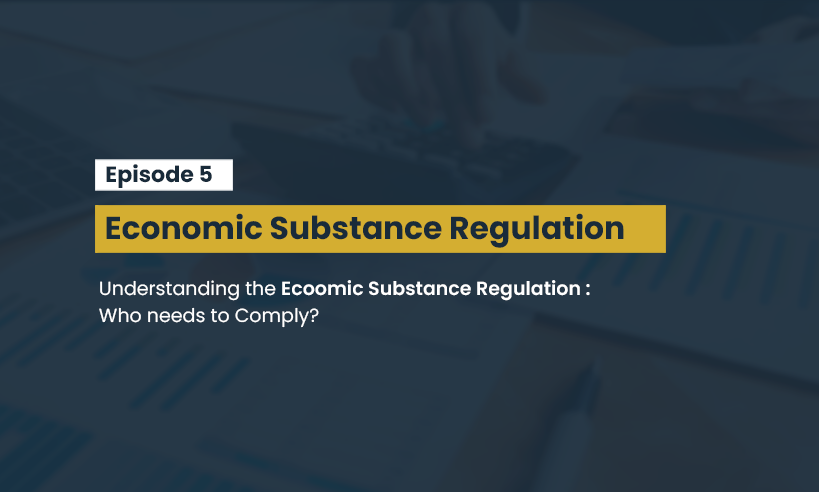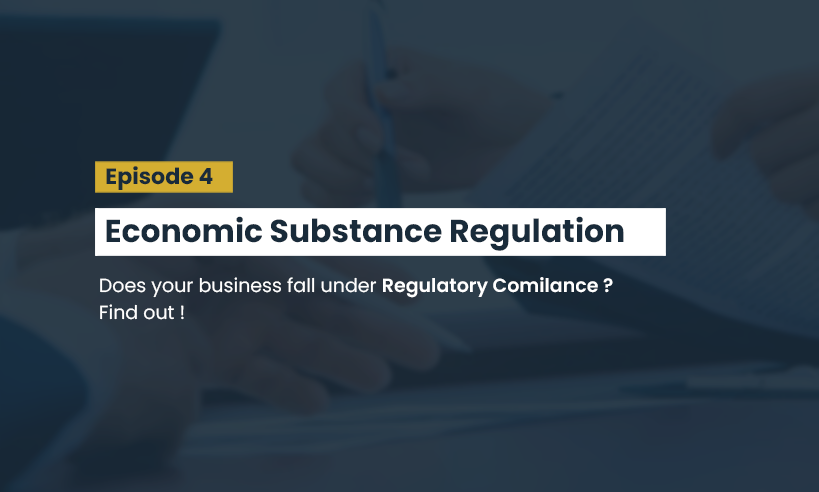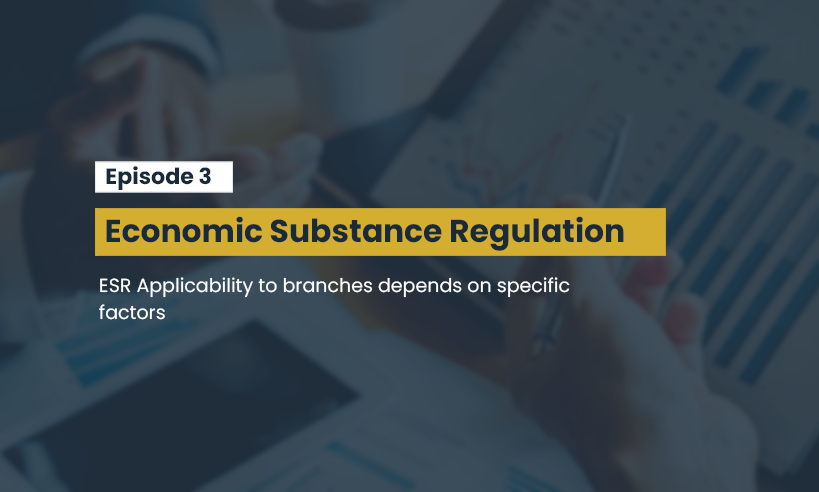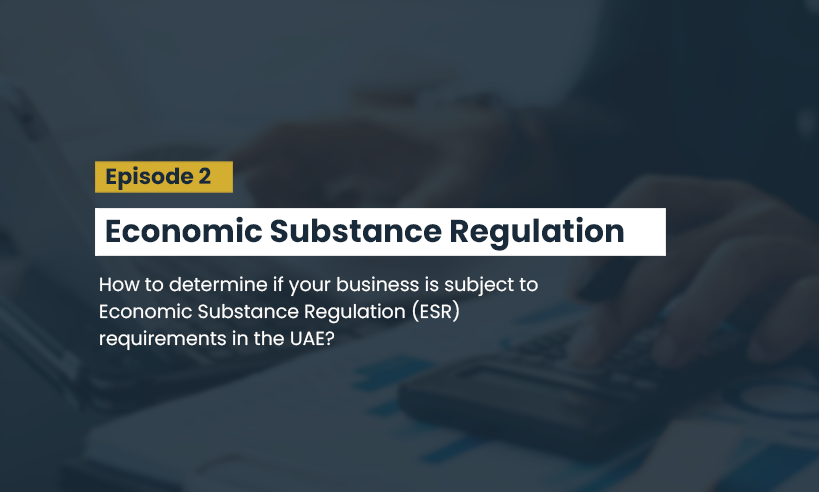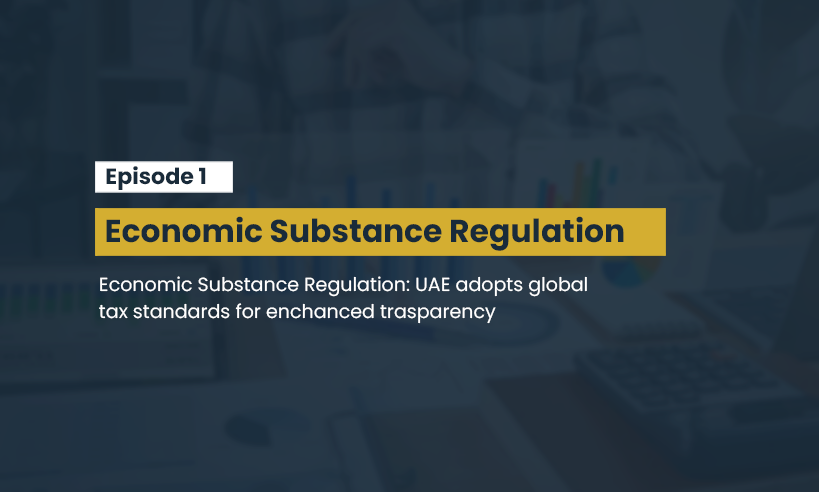The world’s largest vertical farm is in Dubai which can produce 900 tons of leafy greens annually, using less water than growing in fields. In Dubai, the plan for setting up an Agri Hub that will create spaces for farmers to sell their products to consumers directly is also under process. It is in the heart of the same Dubai, where the Dubai Multi Commodity Centre (DMCC) is situated which is renowned for fostering diverse business landscapes, and welcomes your agribusiness vision.
Why DMCC Free Zone Dubai for starting a business in agriculture?
In DMCC, the growth in the value of global Agro exports from 2000 to 2020 is 270% and the export value of the agriculture market in 2023 is $490.1 billion. This itself proves that DMCC can be your best option to start a business in the agricultural field. DMCC’s Agro Ecosystems covers a wide range of agricultural products, including grains, coffee, tea, sugar, soy, and spices. They are leading the way in expanding agricultural trade in the face of growing concerns about food security by providing a one-stop shop for importers and exporters to increase their global reach.
What to bear in mind before starting an agribusiness in Dubai’s DMCC?
1. Sowing the seeds of success
To commence your journey in DMCC as an Agribusiness entrepreneur you should abide by the regulatory landscape of DMCC in every step. The regulatory framework in DMCC is flexible and in line with international practices which will aid your business to ace globally.
2. Knowing the Agricultural terrain
The dynamic Agroecosystem in DMCC is capable of advancing agribusiness, all you need to do is to understand the opportunities and challenges in the DMCC that will help you to make the business journey seamless.
3. The cultivation of Innovation
Just setting up an Agribusiness is not enough for you to harvest success; you must foster innovation to build your business beyond the boundaries. The latest updates and trends in the agribusiness in DMCC can be explored to have a lasting future in the market.
4. Seamless financial and legal journey
If you are planning to set up an Agribusiness in DMCC, you need to have a bank account. A solid financial foundation for your Agribusiness is always necessary to make your business journey smooth. You should always watch the legal aspects of your business to comply with the law.
How can MS help you build your business in DMCC?
In DMCC, you have the field to cultivate success in Agribusiness and you have MS to pave the path. MS provides the expertise to ensure your Agribusiness thrives in this dynamic and innovative DMCC environment. All you need to embrace success by setting up an agribusiness in DMCC is a trusted partner like MS.
